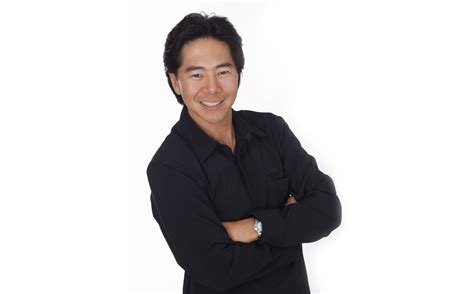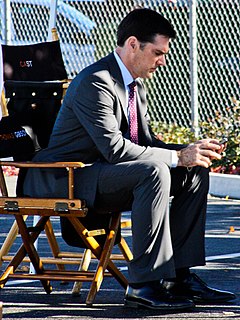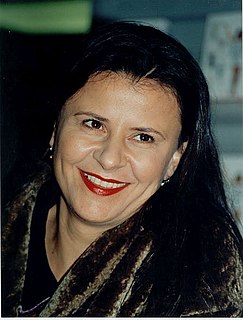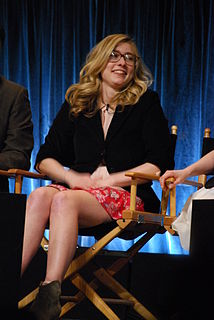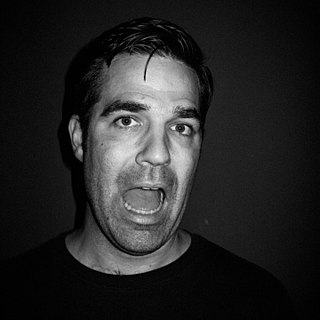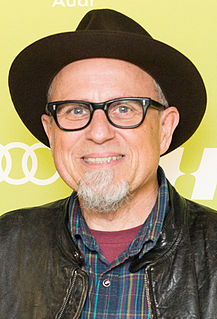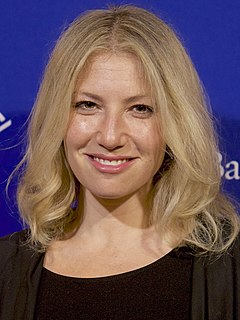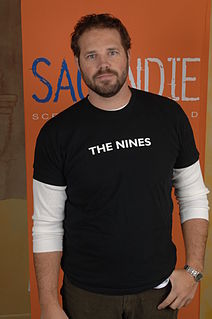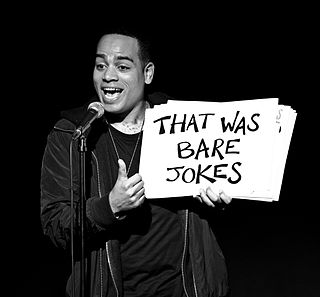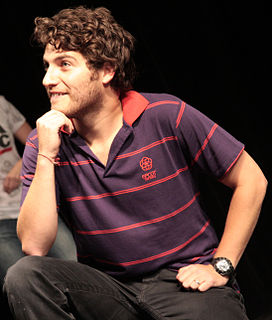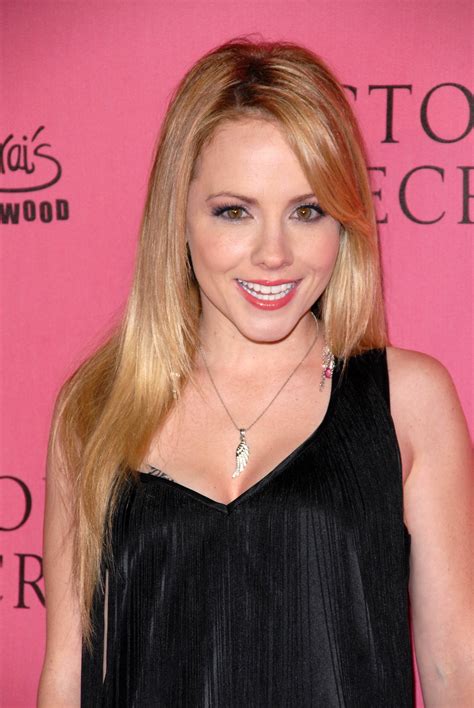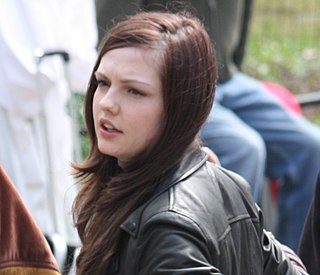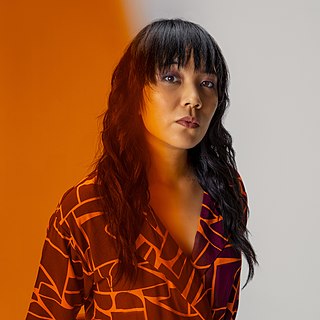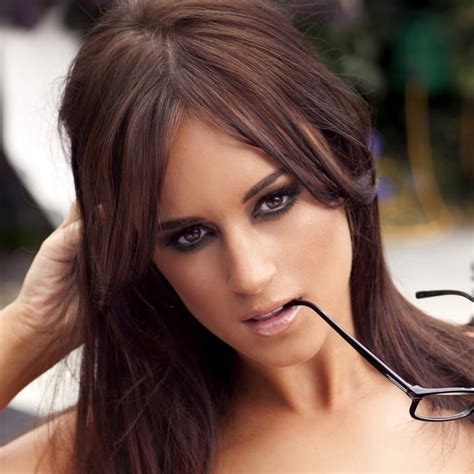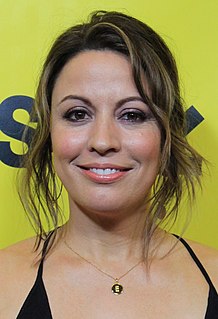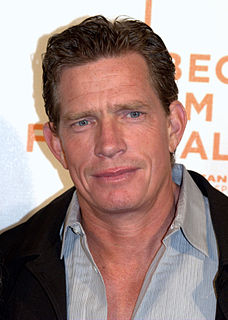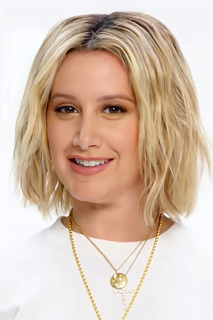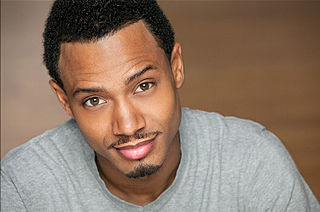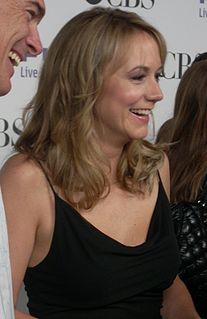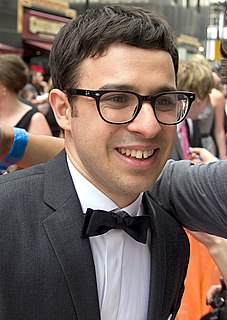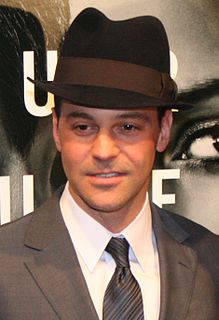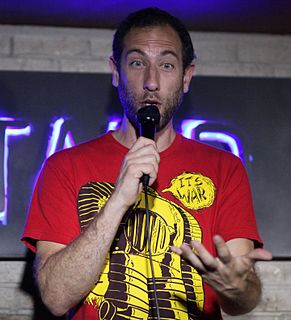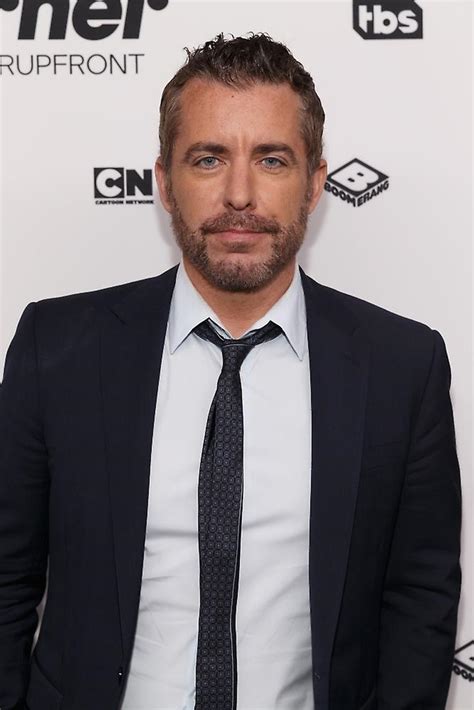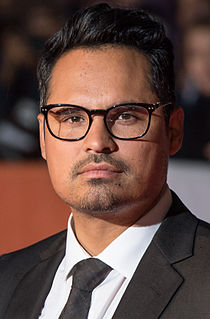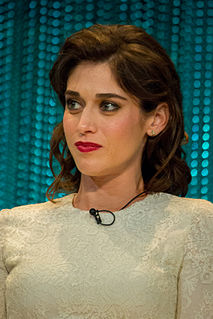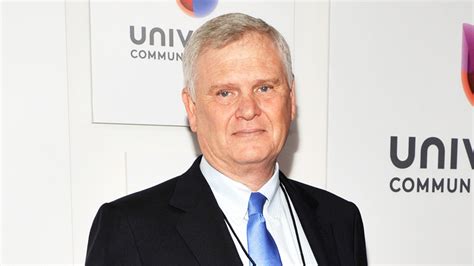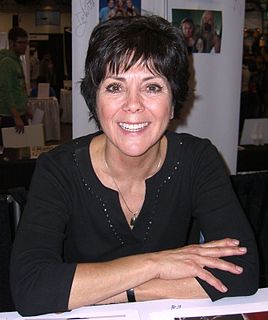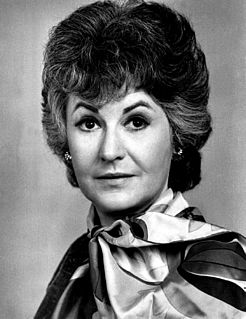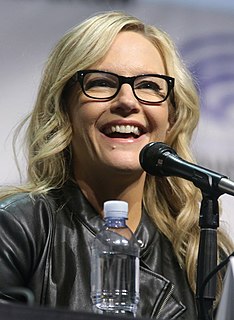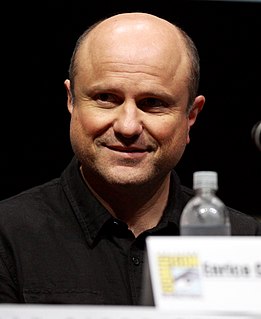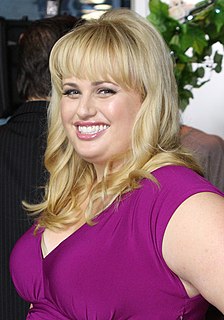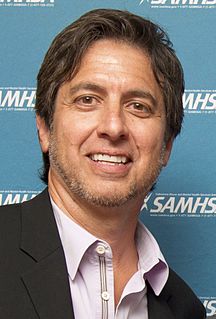Top 193 Sitcoms Quotes & Sayings - Page 3
Explore popular Sitcoms quotes.
Last updated on December 4, 2024.
OK, so we all know that 'Borat' is humiliatingly, career-endingly unfunny (one trick too many for one-trick pony Sacha Double-Barelled) - but can anyone explain why the 'character' isn't roundly condemned for being as unacceptably racist as the one-dimensional stereotypes from 70s sitcoms such as 'Mind Your Language?'
When I was a little girl, the only real form of entertainment I was exposed to was theater, being raised in St. Louis, and I still love theater, and I think sitcoms are similar to that, in there's a live audience, and you know, I definitely like the comedy of it, too. I like to make people laugh, and I definitely think laughter is healing.
When I was growing up, I never saw couples fight on the family sitcoms I loved to watch. Subsequently, when tough times arose in my own relationship, I wasn't prepared and felt so isolated and alone. Marital issues weren't a part of the narrative that television told me was a 'working relationship.'
Sitcoms are designed for normal people who just want to turn on their TV and get a laugh. It's not high-brow, you don't have to work so hard, and it's meant to be a relatable genre. That's why I love it so much - my fans are from 8 years old to 80 years old, because everybody can relate to what's funny.
So much of the humor on new sitcoms plays to the lowest common denominator. Wit isn't nearly given as much attention as slipping on a banana peel. So much of the writing is so coarse, so obvious that it doesn't provide a shock, never mind a laugh. What makes something funny is alluding to it without laying it out explicitly. You let the audiences fill in the gaps and that's where the laughs come.
Nerves are always a big problem for me, which is why I loved doing American sitcoms. Because you know when you do the take in front of the audience that you're going to do it again afterwards. A minute after you finish, you just go and do it again. So, there's that sort of safety net. And then if you made a little mistake or two, they'll go pick it up, so there's nothing to worry about.
As much as I loved Pacino and De Niro and wanted to be a dramatic actor, I also grew up on sitcoms. I grew up on 'M*A*S*H' and 'All In The Family' and 'Cheers.' And then around this time - this would have been '95, '96 - I was so into 'Friends' and 'Mad About You,' the idea of being on a sitcom became a very real thing that I wanted.
Televisa is the largest media company in the Spanish-speaking world, and the steps we have taken, which extend the tenure of our exclusive access to Televisa's premium Spanish-language telenovelas, sports, sitcoms, reality series, news programs and feature films, put Univision in a stronger competitive position.
I put myself on tape and the cool thing was that Martin Scorsese had never heard of me. He had never seen [Everybody Loves Raymond]. I was just an unknown actor to him. I don't want to sound conceited, like he has to know who I am, but that seemed a little odd. He's a film genius. He doesn't watch sitcoms.
